It’s pretty aggravating, isn’t it, when you eat something you know will:
- Sabotage your weight loss
- Make you feel like crap physically
- Make you feel like crap about yourself
You KNOW all that, but you do it anyway, right?
So why do you keep doing this?
Here are 5 possible reasons.
1. You haven’t yet DECIDED to stay on track.
Kinda wanting to stay on track and DECIDING to stay on track are not the same thing.
Deciding to stay on track means it’s the only option you’ve given yourself. It’s like a thick steel wall’s slammed down in your mind between staying on track and not staying on track, and you’ll do whatever it takes to stay on track.
Does that mean you’ll never be tempted to veer?
Nope. It means that you won’t because the decision to stay on track is already made, and nothing and no one can make you veer off course (including the chatter inside your own head).
Until you’ve made a DECISION, your commitment is more likely to waver. Doesn’t mean you “can’t” stay on track. It just means you’re more likely to go off-plan.
2. Your brain’s old habit patterns got the better of you.
If you’ve ever mindlessly put food into your mouth and didn’t realize it until AFTER you did it, you know what this feels like.
With time, you’ll start catching yourself before these mindless, autopilot brain moments happen. Awareness they happen is the first step.
Also be aware that going off-plan because of your brain’s old habit patterns isn’t always that mindless.
Meaning, sometimes you’re fully aware of what’s going on, but resisting those old habits – especially without measures in place to counter them – gets to be “too much work,” and you cave.
3. Food addiction.
Food addiction and eating habits are often used interchangeably, but they aren’t the same thing.
Addiction involves brain chemicals. When you’re addicted to something, your brain’s convinced it desperately “needs” it for some reason.
Not wants it. NEEDS it.
For most people, overcoming addiction isn’t as simple as willpower. It’s not unheard of, but again, most people need more help than willpower alone.
If you’re addicted to food, it’s no surprise you’re eating something you “know” isn’t serving your goals.
Most processed foods are chemically engineered to be addictive. Eat real, whole foods and you won’t have to deal with them.
4. You think staying motivated is the answer.
Listen, motivation feels great, but motivation comes and goes. When you use “motivation” as a reason to stay on track – or not – you’re setting yourself up for an epic fail.
If you do feel motivated, great! Roll with it! I’m not saying motivation is useless.
What I’m saying is, allowing motivation to determine your success is a losing battle.
Routine combined with discipline is what keeps you going even when you’re not motivated.
You can totally experiment with ways to keep motivation going. You can make your journey fun by adding rewards, getting accountability buddies, staying connected to the community, and so on.
Again, I’m not saying you “can’t” be motivated.
I’m saying don’t expect motivation to be the answer for every little struggle.
5. You falsely believe knowing better is all it takes to do better.
You’ve probably heard the Maya Angelou quote that says, “When you know better, you do better.”
Not quite.
Yes, knowing better is the first step to doing better.
But it’s a mistake to think simply knowing better is enough to do better. In some cases it is, but most of the time, you need practice, and a lot of it, to consistently do better.
When you’re sitting around punishing yourself for knowing better but not doing better, it means you haven’t done the work it takes to ACTUALLY do better.
It doesn’t make you a bad person, or mean you’re weak-willed. It’s just part of being human.
It’s also a symptom of the misconception that having more information is the key to getting the results you want.
Again, it’s not that simple. The information – like what foods to eat and what foods to avoid – is an important first step.
It’s what you DO with the information that determines whether you get the result you want, or sit around in the land of “I know better but I’m not doing better.”
If you know “eating that” won’t help you but you’re doing it anyway, it just means you’ve got some problems to solve; AND that when you find solutions, you act on them, consistently.
That is where the lasting change and transformation you want come into play (and how you free yourself from destructive habits you hate).
For strategies to help you understand and overcome your self-sabotage, click here to check out What’s Eating You?

